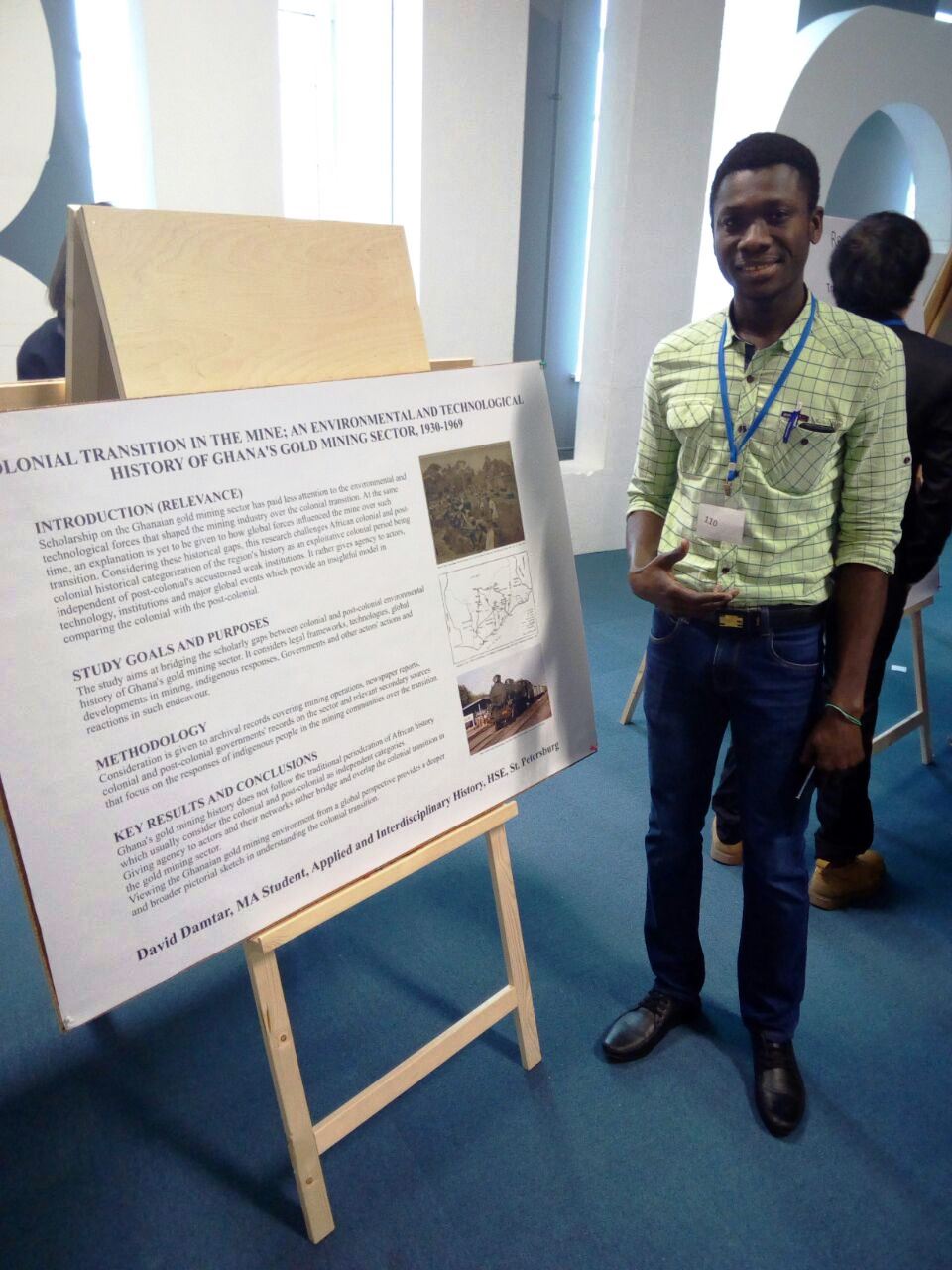International Student Research Conference 2017
The International Students’ Research Conference was organized this year from 2nd and 3rd February 2017 at the National Research University Higher School of Economics in Saint Petersburg.
Several Europeans and Asian countries actively participated in the conference which had social informatics, applied data analysis, regional planning and development, sustainable tourism and development, modern Asia, finance, economic growth, logistics, usable pasts and political science. There were several keynote speakers who graced the conference and delivered lectures. For the first time, an innovative way of presentation through posters was adopted and proved to be a huge success.
Second year MA students David Damtar and Samrat Sil participated in the ‘Usable Past’ session and presented their work. Samrat’s work focused on the problematic remembering of the siege of the city of Nanking during the second Sino-Japanese war and explored the causes behind selective forgetting of the incident. The poster session helped attract interested students who were intrigued by the visuals images and wanted to inquire more about the topic. David Damtar on the other hand had his poster focusing on the environmental and technological aspects of Ghana’s gold mining over the ‘Colonial Transition’. His work explored the possibility of understanding the sector and the transition from global and environmental history paradigm. David noted after the conference that the poster-presentation provided an opportunity to deeply interact with interested audience than the usual conference paper delivery in which time and space does not enable such relatively longer engagements.
Дамтар Дейвид
Research Assistant
Evgeny Khvalkov
Senior Lecturer

